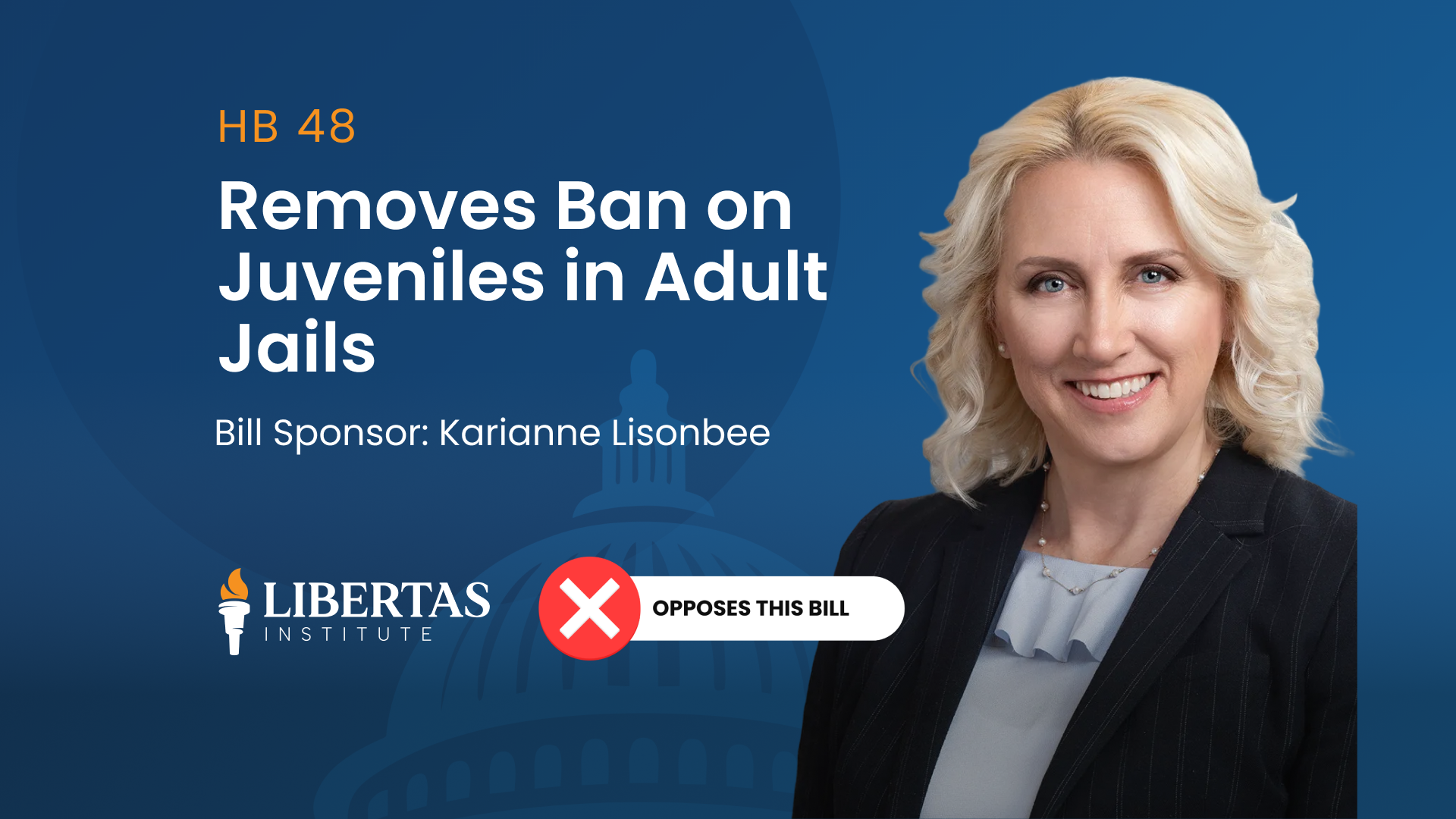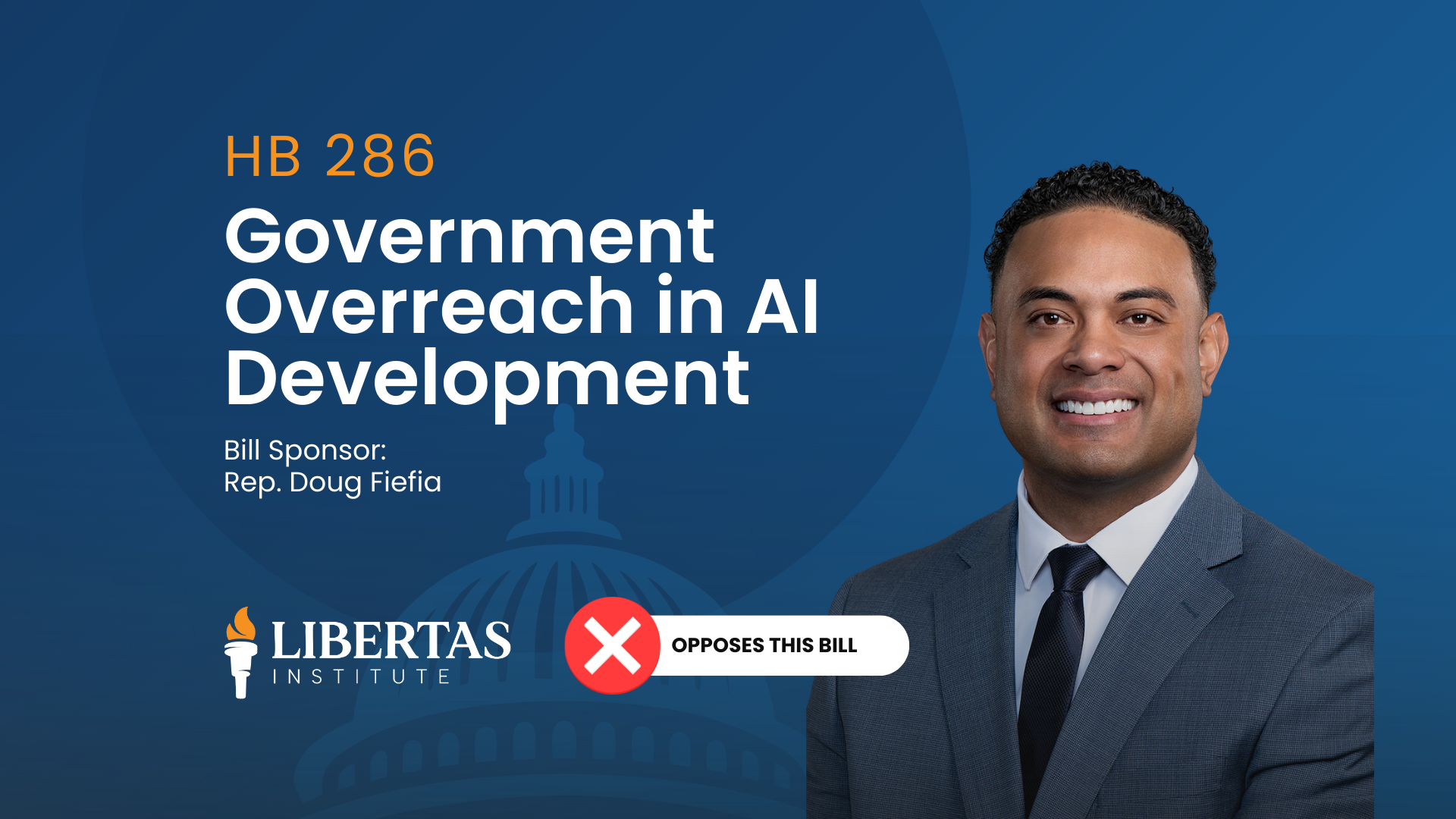This bill failed in committee, with a vote of 3-8.
Libertas Institute supports this bill
The government has long claimed the authority, under a law known as eminent domain, to take your property if it thinks it needs it, say, for building a road or a government building. But this law has been regularly abused for non-essential things, broadening the law beyond the more legitimate use cases its advocates cite in its defense. Soccer fields, parks, and connective trails have been areas of controversy with eminent domain in recent past.
In Utah, eminent domain is currently allowed for “public uses for the benefit of any county, city, or town, or its inhabitants”—a broad provision that needs narrowing. Some exemptions exist; for example, eminent domain may not be used for trails.
But more work is needed to protect property rights from abuse. For starters, eminent domain should be prohibited for non-essential things like parks, recreational or sports facilities. Utah law should be explicitly clear in this regard in order to deter elected officials from trying to exploit the law in their favor, and to the detriment of property owners.
Further, a property owner who wishes to challenge the taking of their property—even for an allowed use—faces an extreme uphill battle. Essentially, you need to demonstrate that the government acted in bad faith. Courts are not given any criteria to review the government’s claims as to whether a property taking is actually necessary.
House Bill 261, sponsored by Representative Phil Lyman, addresses these concerns in that it delineates what can be considered “public use,” protects property rights by denying eminent domain to non-essential uses such as for recreation, allows for owners to contend that the taking of their property is not necessary, and gives owners greater discretion in the sale of their property in limited circumstances.
Tightening up the rules for eminent domain—the taking of private property for allegedly public need—should be constrained to things that are only absolutely necessary. Property rights in a free society are foundational to life, liberty and the pursuit of happiness.




